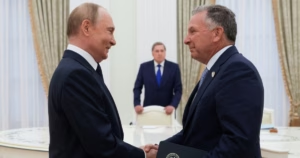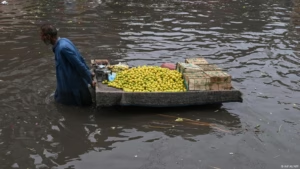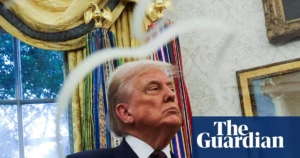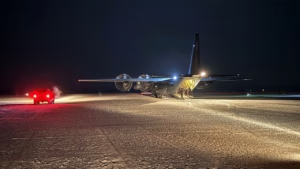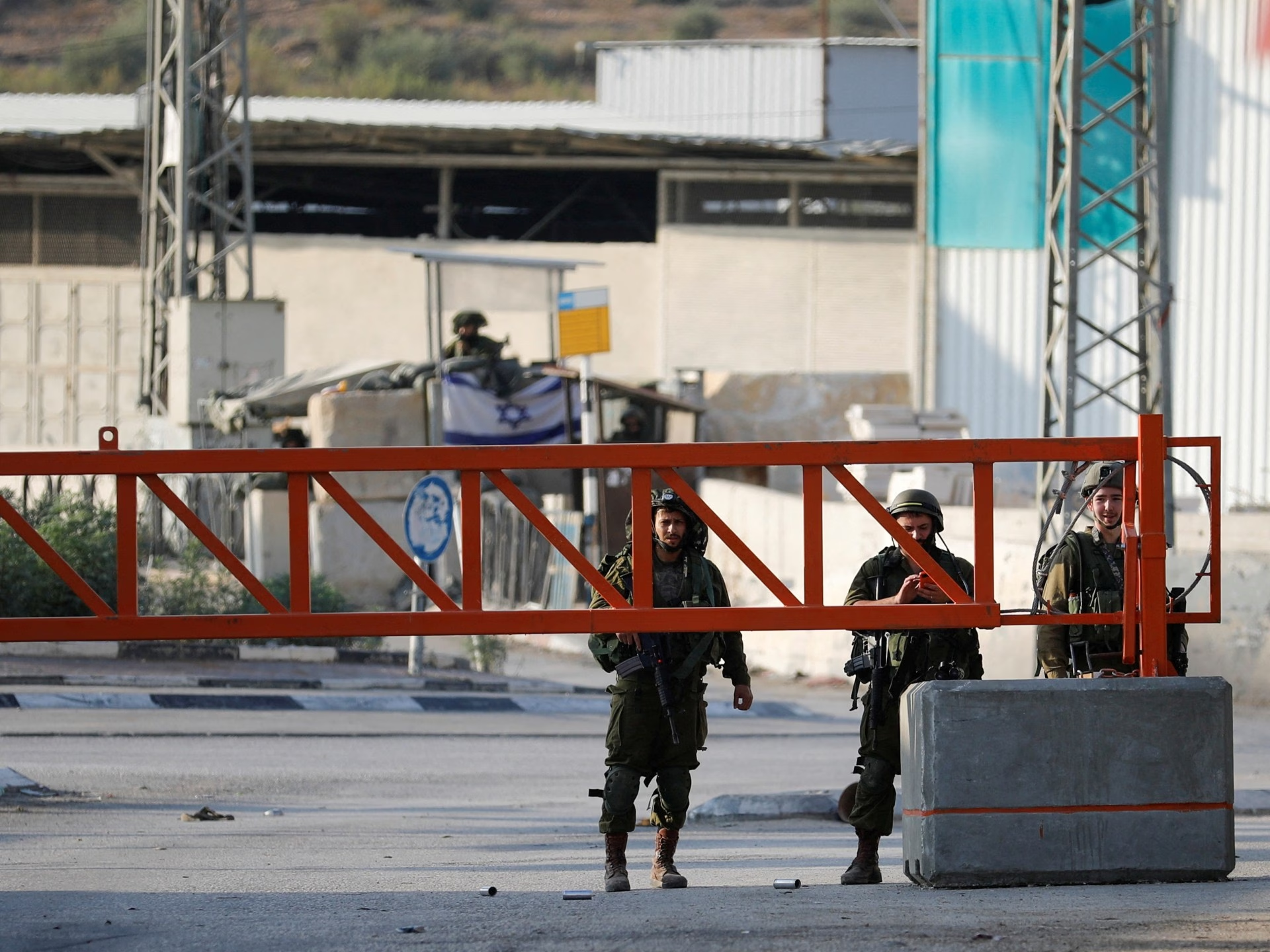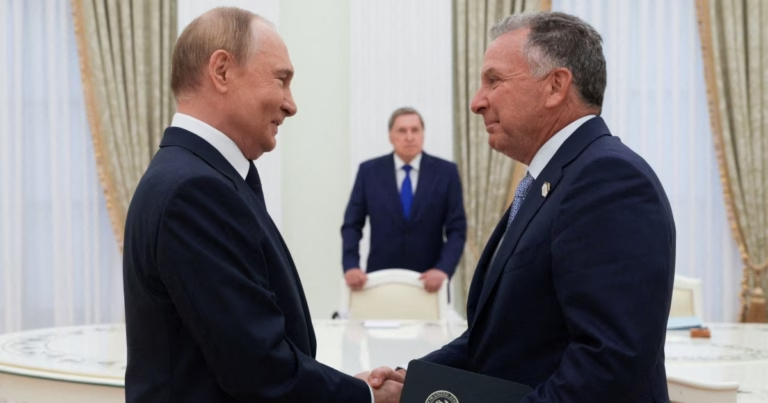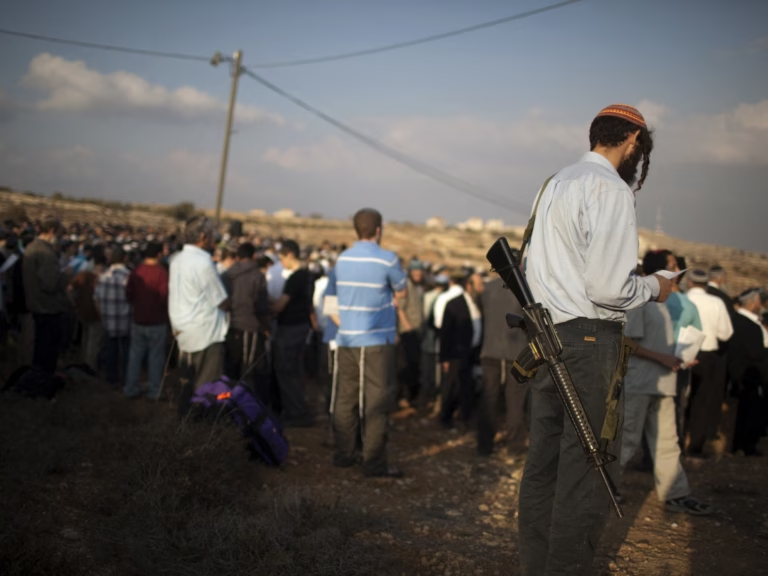The metal barrier, permanently staffed, hinders a crucial road connecting six northern West Bank cities and serving as a major access route to Nablus.
This checkpoint, initially a dirt barricade established in October 2022, is a stark reminder of the violence threatening thousands of Palestinians forced to pass through approximately 800 West Bank checkpoints and roadblocks daily.
According to villager Adam Ali, a 55-year-old father of four, “If you make one wrong move at the checkpoint now, you’ll be shot. I’ve seen it happen firsthand.”
He witnessed the November 12 shooting of 18-year-old Walid Hussein by soldiers who stood by as he bled to death, despite accusations that he carried a knife. Witnesses contradict this, stating that Hussein was unarmed and posed no threat.

A ‘public execution’
Hussein was from the Ein Beit el-Ma refugee camp in Nablus, where memorials to him adorn walls and hang on street corners.
Multiple witnesses, including Adam and his 15-year-old son Mohammed, reported that Walid was asked to stop and exit his car by the soldiers. When he stepped towards them, he was shot several times and did not immediately succumb to the bullets.
“The ambulance tried to reach him, but they blocked it. His blood was everywhere. It was an execution,” said Mohammed.
No soldiers were injured, and local and international media reported no weapon or intent from Walid to harm the soldiers.
Those in Hussein’s neighborhood question the Israeli claim of a knife, suggesting it’s not the first time the military used this excuse for a public “execution.”
“We’re living in hell – the idea of leaving is becoming harder to resist. Life is so hard – I hope death will be more merciful,” Adam said.

Villagers describe living in terror due to the presence of Israeli soldiers and settlers who continuously enter the area from the nearby unauthorized Shavei Shomron settlement, established in 1977 and equipped with various security measures.
This settlement is centrally involved in far-right settler politics within the West Bank and hosts over 1,000 settlers, including a politician who attended the inauguration of United States President Donald Trump.
Mayor Shadi Abu Halaweh states that Deir Sharaf is uniquely affected by a checkpoint dividing the east and west, fundamentally altering the lives of its 3,000 villagers.
This change coincides with the rise of the Lions’ Den resistance group in Nablus and the subsequent Israeli crackdown.
Armed soldiers patrol daily, conducting searches and often involving intimidation and violence. Since October 7, 2023, following a Hamas attack on southern Israel and Israel’s subsequent war on Gaza, two people have been killed and three seriously injured at the checkpoint, with violent incidents increasing.

Since October 7, 2023, nearly 100 people have been killed by Israeli forces and settlers in the Nablus governorate, including Deir Sharaf, according to United Nations figures.
A long-awaited ceasefire agreement in Gaza, which took effect last month, hasn’t halted killings across the West Bank. Israel appears poised to expand its attacks, with officials suggesting a military presence could continue until next year.
Concerns of ethnic cleansing have arisen due to the expulsion of 50,000 Palestinians from their homes in refugee camps in besieged Jenin and Tulkarem, an operation threatening to affect the Nablus region next.
‘I feel I could be killed in my own home’
During tense periods, Palestinians prefer not to be near a checkpoint.
While Israel claims checkpoints aim to prevent armed resistance activity and monitor suspects, Palestinians in the West Bank believe they are meant to control their movement and instill fear among drivers and nearby residents, safeguarding settlers and facilitating secure access for Israeli military vehicles.
Not many homes or businesses remain on the western side of the checkpoint, and those that do are isolated and vulnerable to settler attacks.
